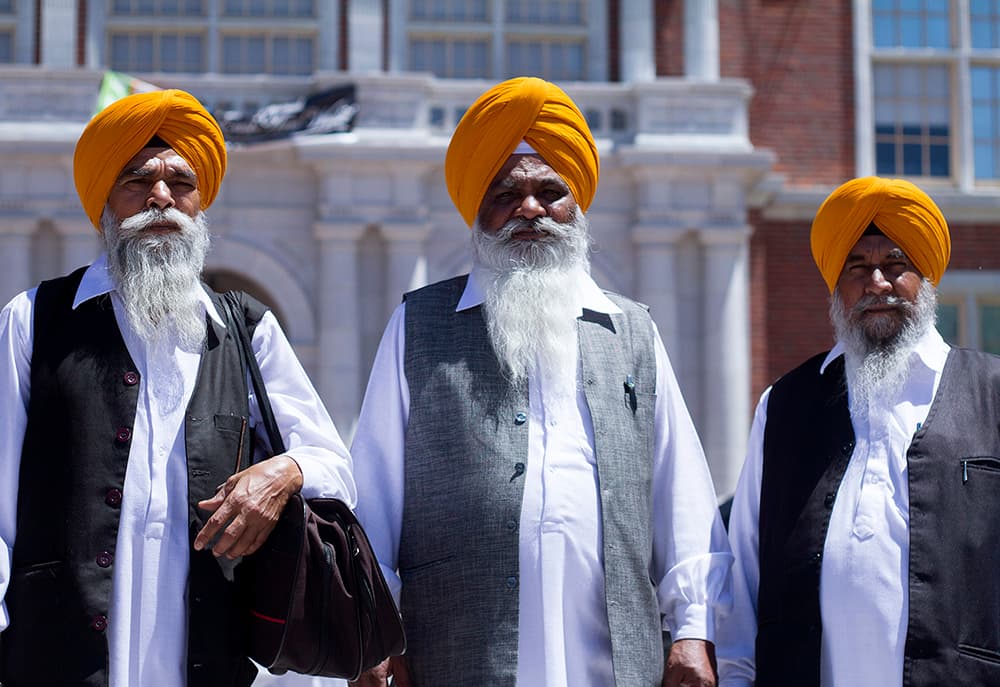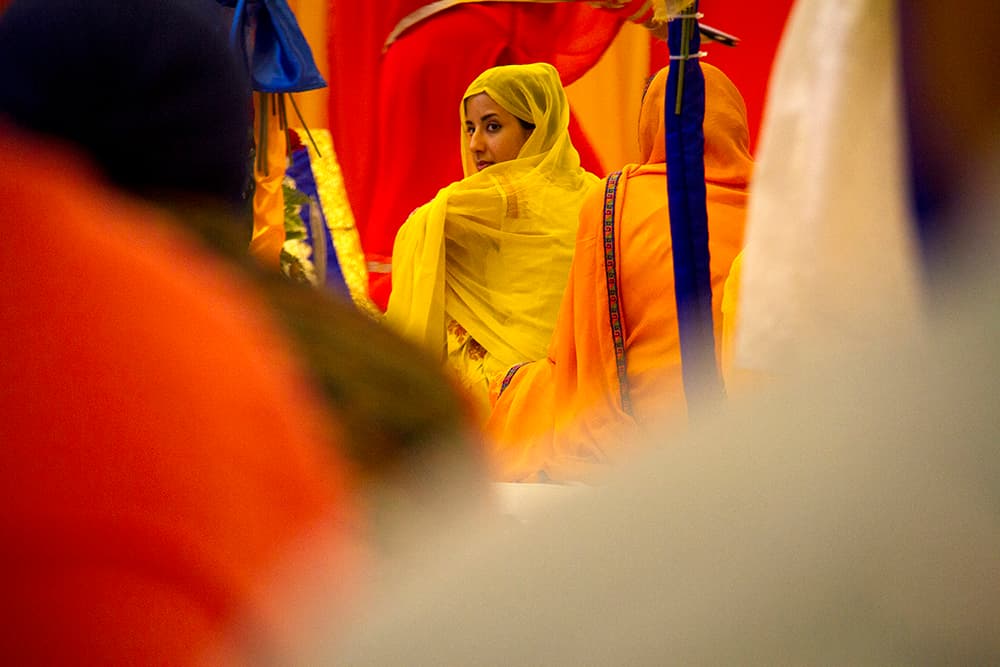
It's all about having a presence for the members of Colorado Singh Saba, the Sikh community based out of a temple in Commerce City. On May 22 the group put on its first parade in state history, an effort to teach locals about their culture and celebrate their growing population.
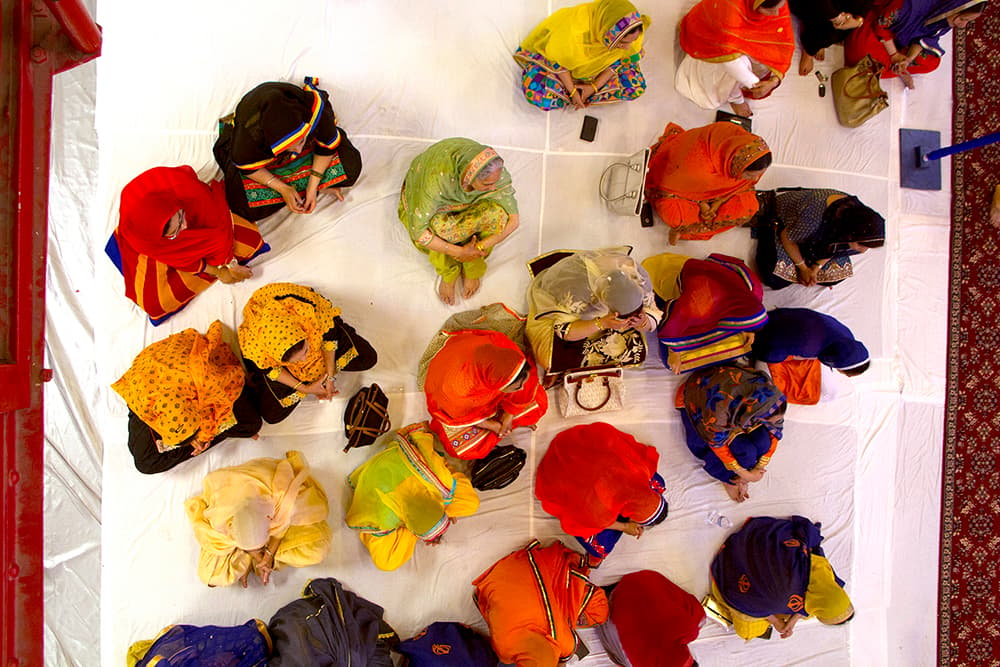
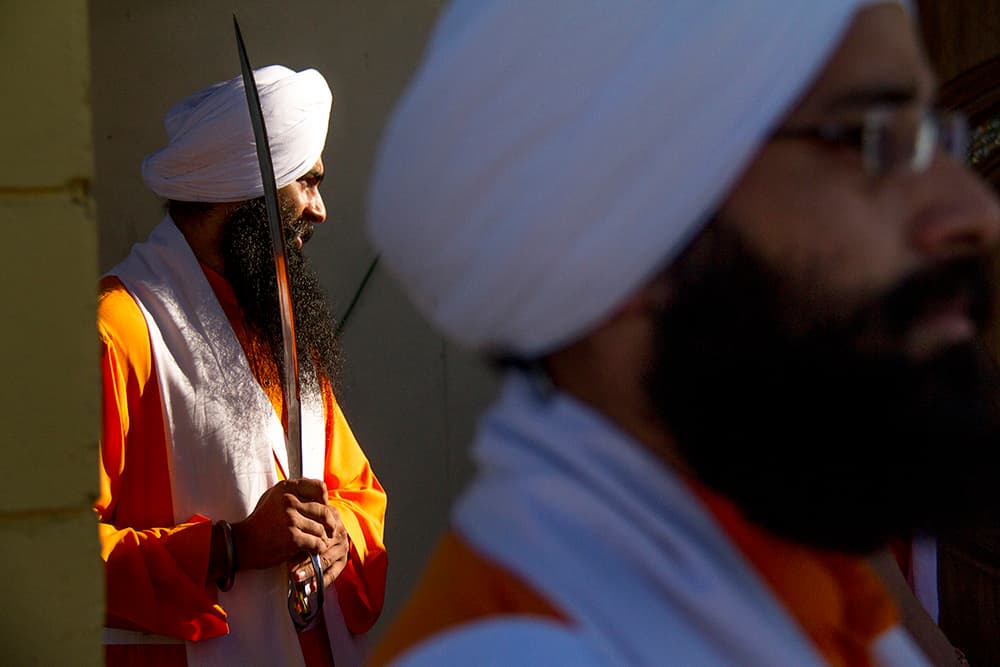
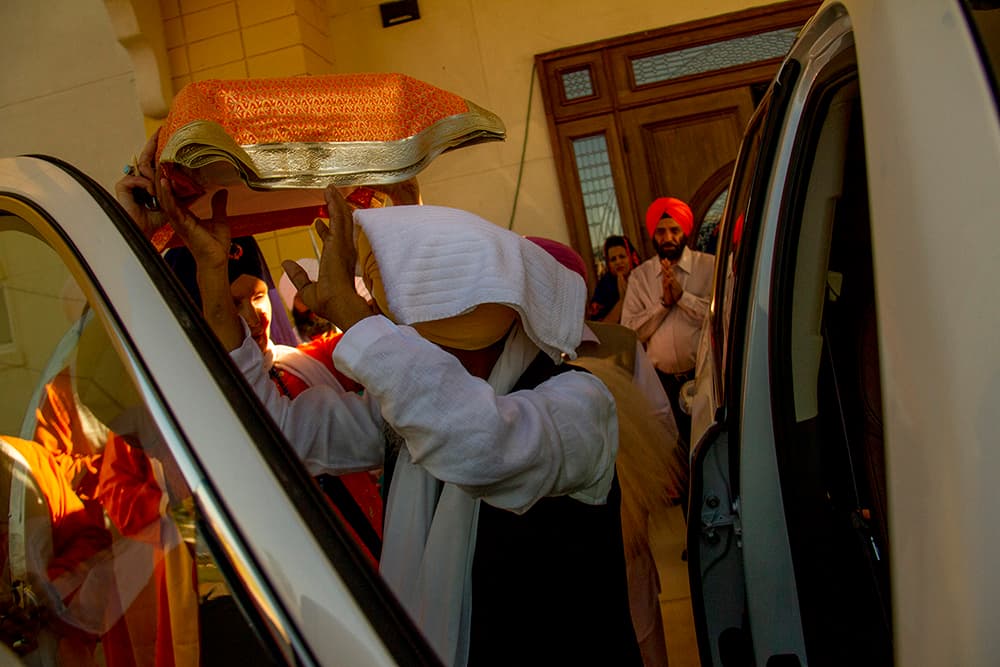
After 9/11, Sikhs became targets of xenophobic attacks, often confused with Muslims by assailants. Public events like this provide an opportunity for understanding, and respect, to take root.
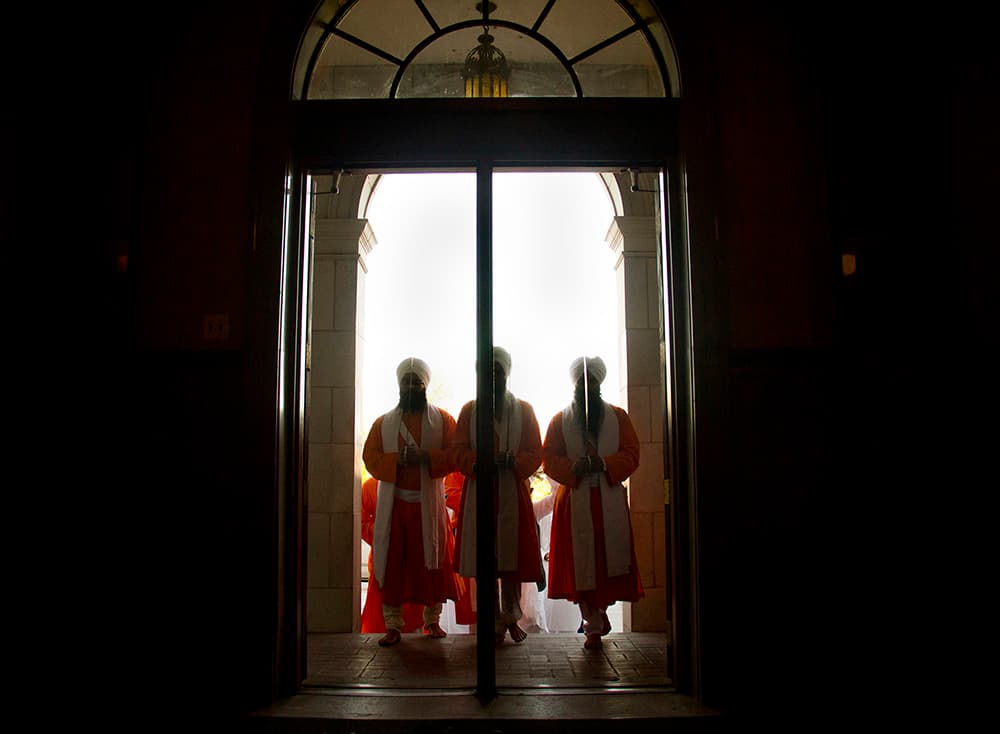
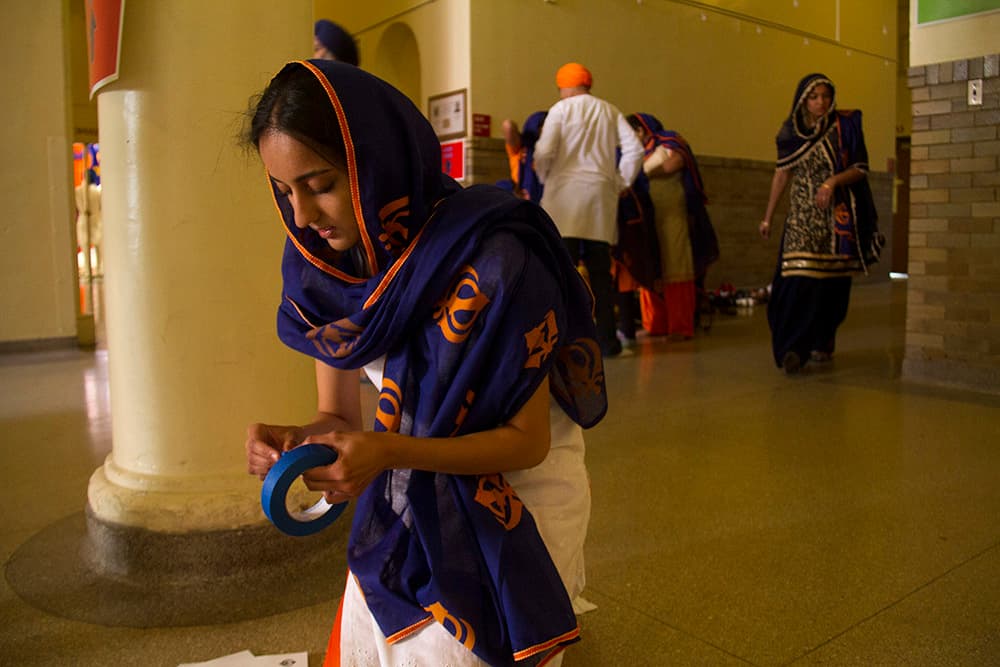
Naureen Singh sees herself as an average American 21-year-old, but that's not always how she was treated. "I was bullied in school because of my faith," she said. "It's something that's just showed me that even though I'm an American and I identify as an American, people always look at me as an outsider first." But, she says, after a mass shooting at a Sikh Temple in Wisconsin in 2012, "I noticed a dynamic change happening in Colorado. More Americans started coming to our temple and trying to learn who we were."
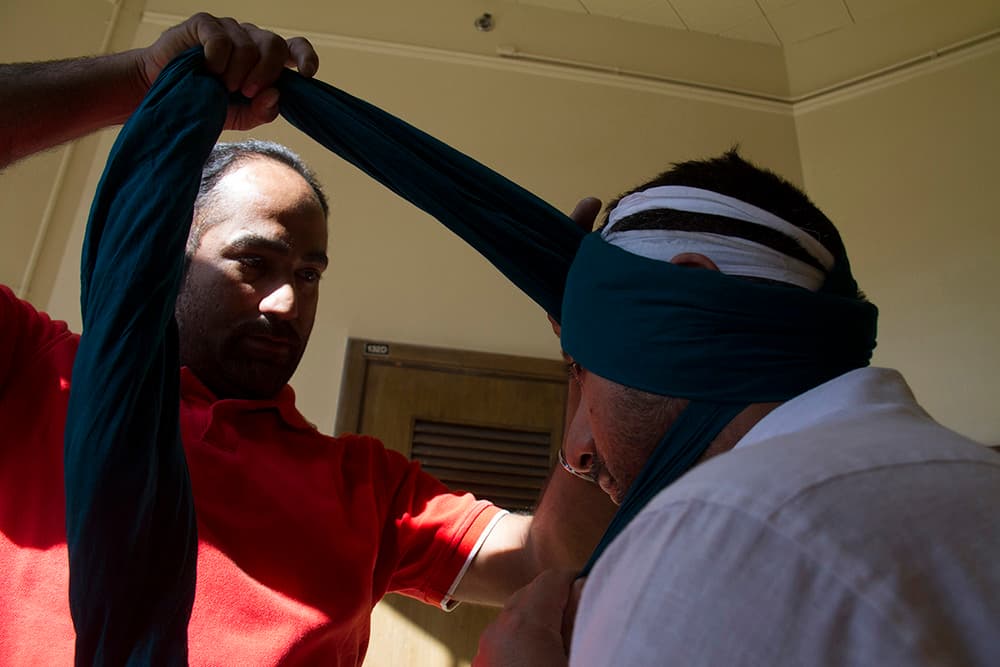
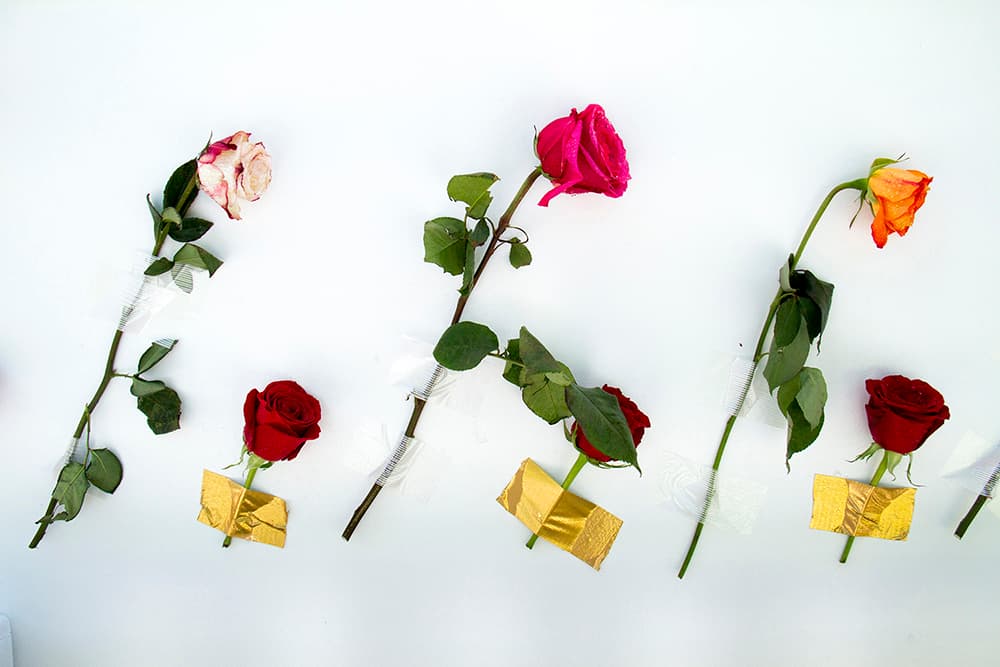
Singh is one of a handful of first generation Sikhs who have found a sense of responsibility to maintain their religion and identity in the sea of cultures that have flooded Colorado in recent years. "The historical background of Sikhism," said Jasmeet Bajwa, "my parents had to go out of their way to teach us that." Growing up in the US, Bajwa and her peers were not immersed in the culture like their parents had been in India. "You kind of have to make it yourself," she says.
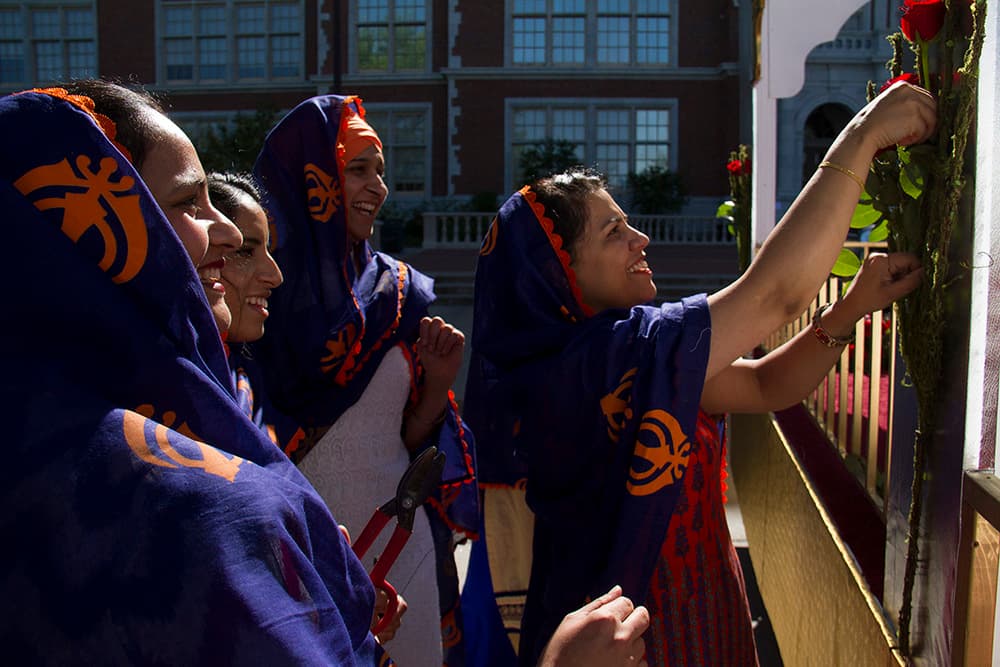
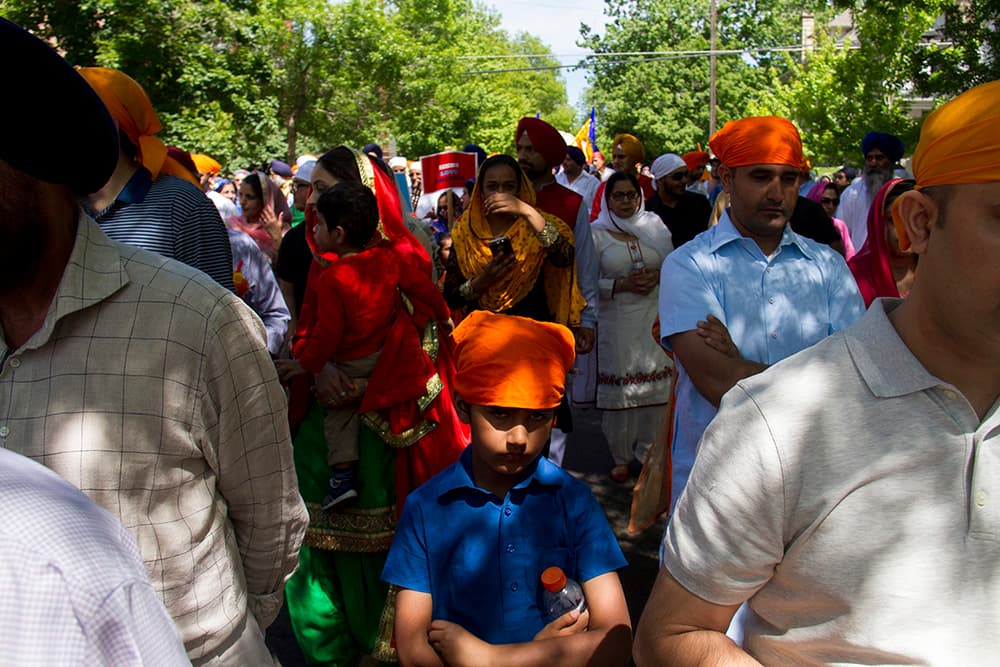
And make it they have. If not for the work of the congregation's young members, the parade might never have gotten out the door. As racial and cultural tensions heighten in parallel to a controversial presidential race, it's become all the more important to these young people to pitch in.
"I think this is a really great way to show our American neighbors who we are as a community," said Singh. "We're Americans, too."
